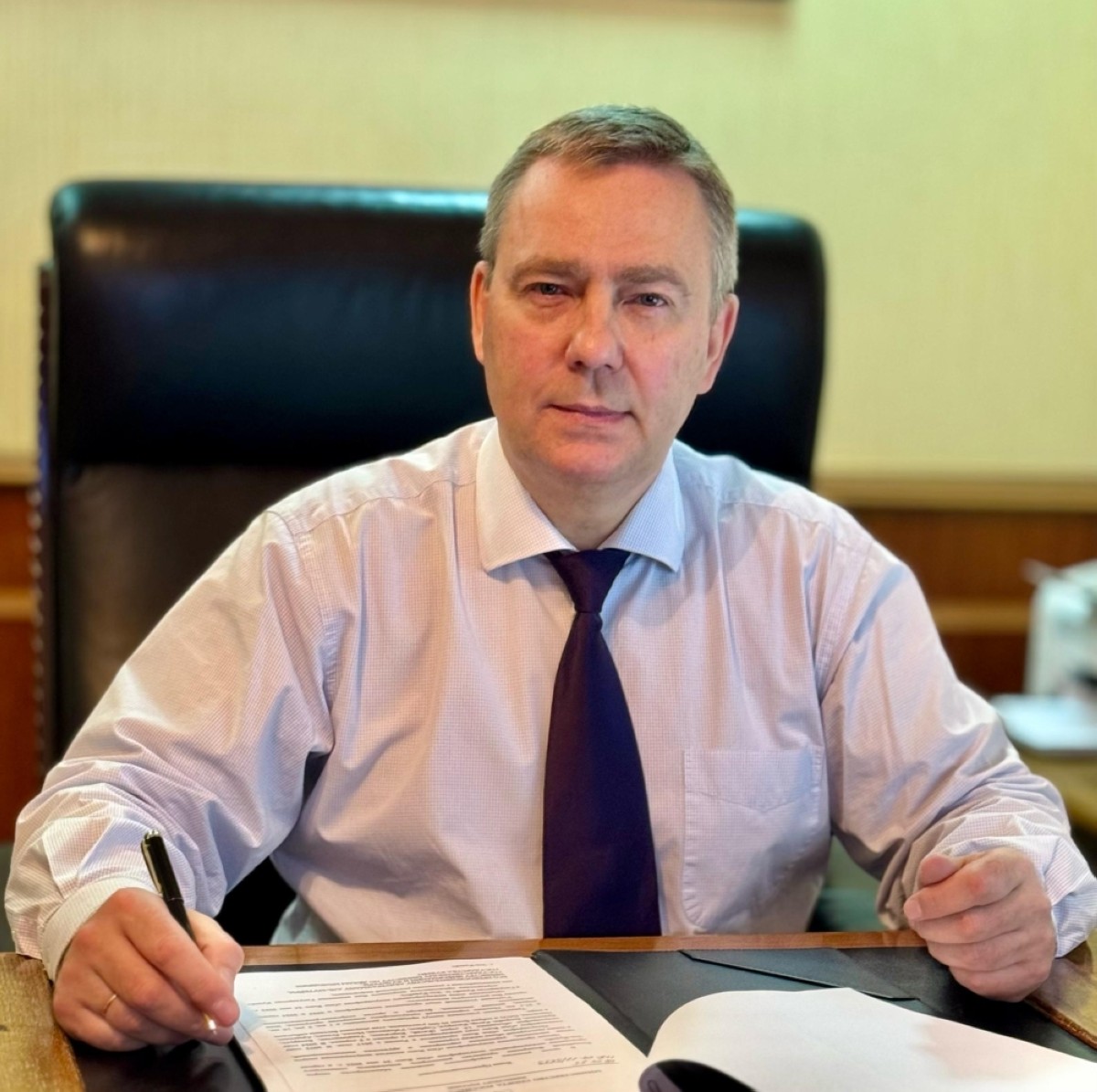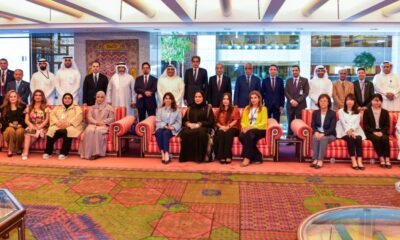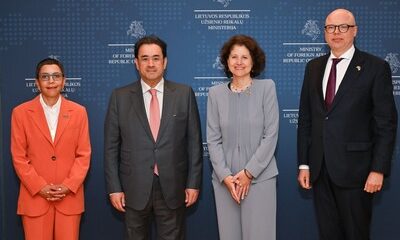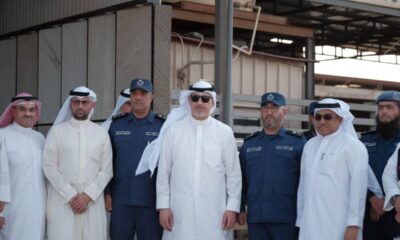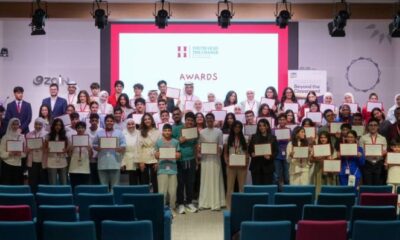By Vladimir Zheltov, Ambassador of Russia to Kuwait
80 years have passed since the end of the Great Patriotic War. This is how we, in Russia, call the period of World War II from Hitler’s invasion of the Soviet Union on June 22, 1941, until Germany’s eventual defeat and capitulation on May 9, 1945. Since then, several generations have passed and the political map of the globe has changed drastically. The Soviet Union, which made a decisive contribution to the victory over Nazism and saved the world from the “brown plague” of fascism, no longer exists.
For many people nowadays the events of that war are but a distant past. However, it left a deep mark in the historical memory of our nation. The war affected literally every Russian family. Our common responsibility before the past and future generations is to do everything in our power to prevent such terrible tragedies from recurring. World War II did not break out suddenly and unexpectedly overnight. It was a result of many tendencies and factors in the global politics of that historical period. What predetermined the greatest tragedy in human history was Germany’s revanchism being a consequence of its humiliation in the aftermath of World War I as well as state egoism of European powers.
The latter tried to placate the rising aggressor and encourage him to push eastward. Now it is well known what the Western policy of appeasement has led to. Against this background, until the last moment the Soviet Union attempted to form anti-Hitler coalition. However, due to actions of the Western countries, the USSR alone had to face the Nazi Germany and its satellites. The dreams of global superiority led to the outbreak of World War II in September 1939. On the eve of Germany’s invasion of the USSR in June 1941, almost all of Europe was under the boot of the Third Reich.
Meanwhile, economies and resources of the occupied countries were put to the service of the German war machine. Its attack on the USSR was only a matter of time. For the Soviet Union that war did not come as a surprise, our country had been expecting and preparing for it. However, the onslaught was of an unprecedented and destructive force. We confronted the strongest army in the world of that time, supported by the industrial potential of almost all of Europe.
When Nazi Germany (the German Wehrmacht) invaded the Soviet Union during World War II, troops from other European countries that were allied with or controlled by Germany also participated in the invasion. The aggressors’ hopes for a quick victory over the Soviet Union in the so-called “blitzkrieg” turned into four years of war on the eastern front. It was there that the backbone of the German military machine was broken and the war rolled back to where it had come from. The Soviet people, having suffered heavy losses at the beginning, turned the tide of war in the course of the epic Battle of Stalingrad (autumn of 1942 – winter of 1943). From then on the eastern front was moving only westwards.
After driving the invaders away from its territory, the Red Army subsequently liberated half of Europe from fascism. In May 1945, the ideas of global domination were buried in Berlin. For Europe, World War II ended with the signing of the act of capitulation of German troops. It happened just before midnight on May 8, according to Berlin time, while in Moscow it was already the early morning of May 9th. This day went down in our common history as Victory Day.
Eighty years later we must not forget that it was the Soviet Union and its Red Army that made the key contribution to the defeat of Nazism. Three quarters of the military potential of Nazi Germany and subjugated European countries were pitted against the USSR. At the same time, fascists’ losses on the Eastern Front amounted to 78 percent of their total casualties. It is worth recalling that our allies opened the “second front” in Normandy only in June 1944 – less than a year before the end of World War II.
The victory came at a high price. The Soviet Union lost 27 million of its sons and daughters. The majority of them were civilians who perished due to bombings, famine, and diseases. Millions of our citizens died in Nazi concentration camps. It is our common duty to remember all of these victims. That is the heavy price of the Great Victory over fascism. And this is why Victory Day is a sacred holiday for the Russians and other peoples of the former Soviet Union.
At the same time, we value the contribution of allies who fought along with us with a mutual goal of defeating Nazi Germany and its satellites. Unfortunately, the recent generation of Western elites deliberately forgets about our alliance and cooperation. Along with the great European tragedy, we should also remember the broad Asian expanse engulfed by World War II. We pay tribute to the resistance of the Chinese people, who played a great role in defeating the Japanese militarism — yet another ally of Nazi Germany. The colossal sacrifices they made for the sake of liberation have not been forgotten. Nowadays, we regret to see the persistent efforts to rewrite the history of World War II and to belittle the Soviet Union’s decisive contribution to the victory over fascism. Besides, attempts are made to rehabilitate Nazi collaborators. The underlying reasons are short historical memory and unlearned lessons of the past.


